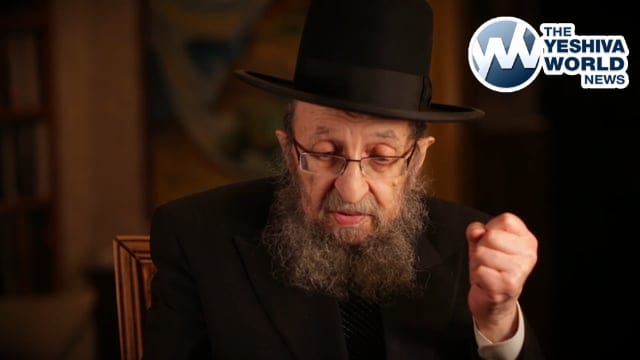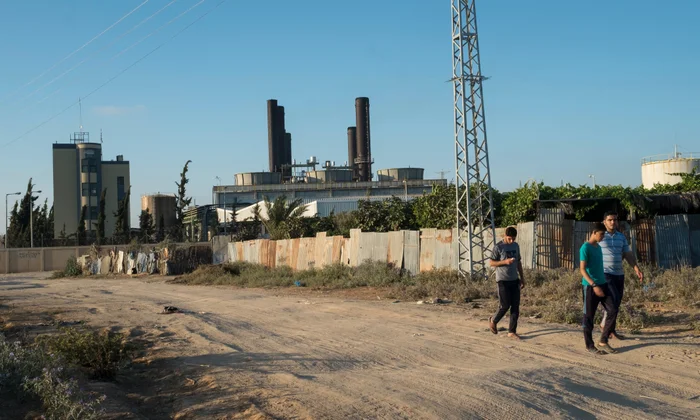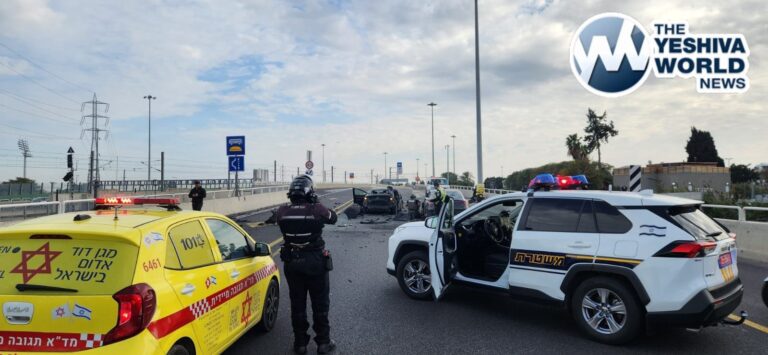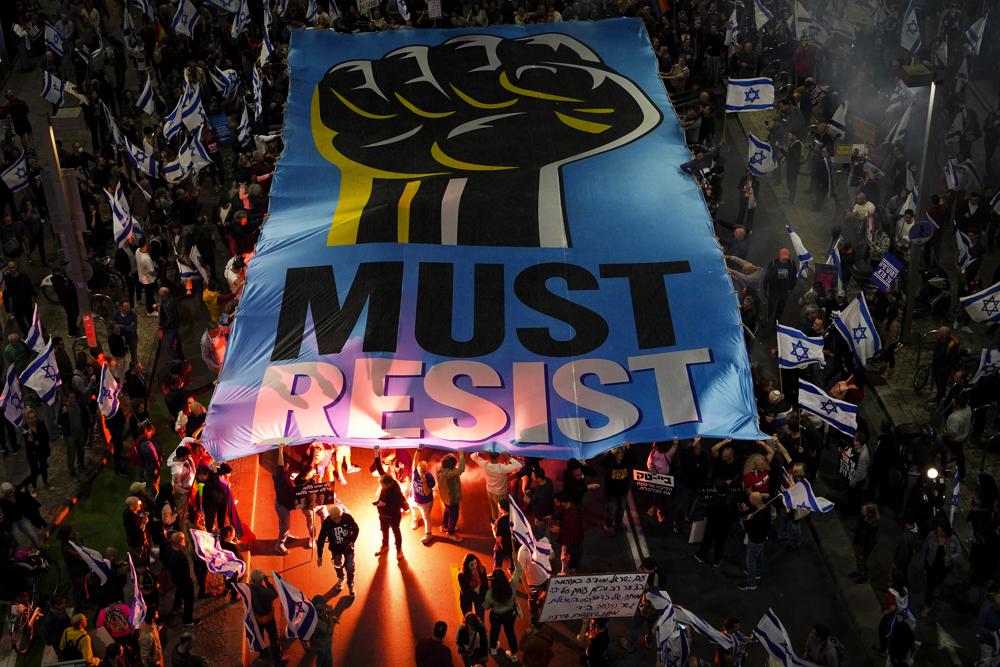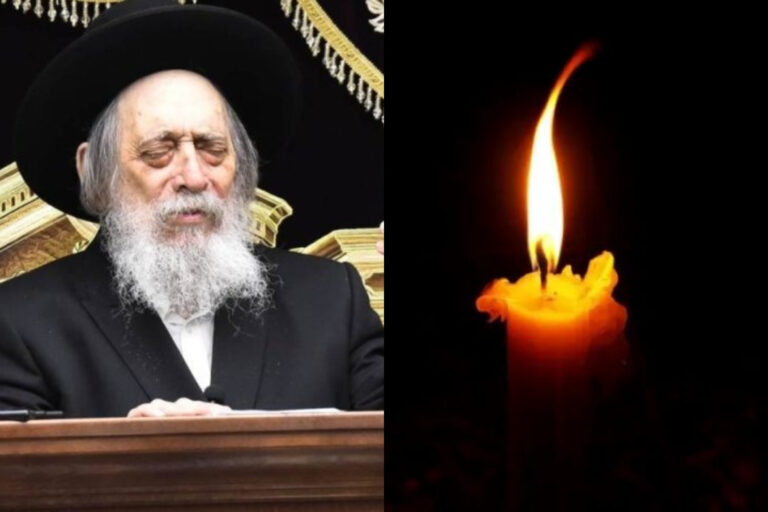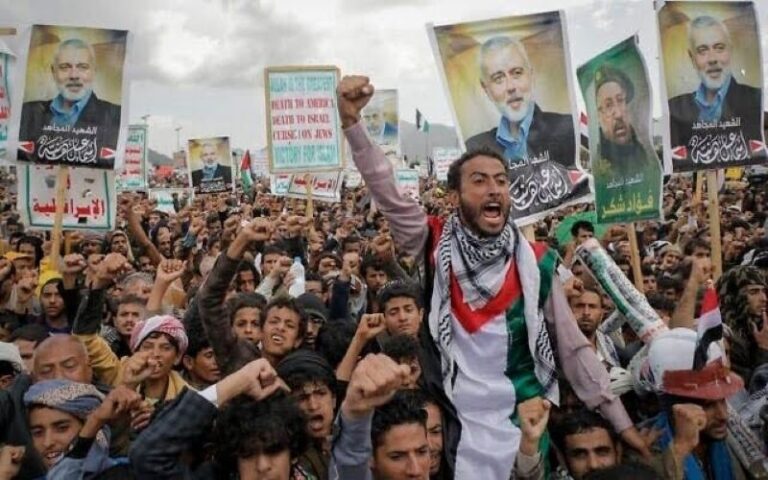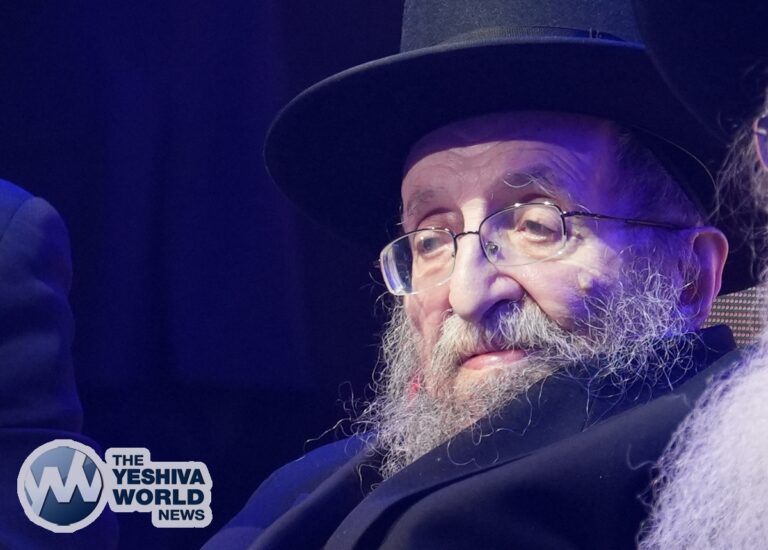The attacker who bombed an Ariana Grande concert in Manchester wasn’t part of a large network, but other people involved in the crime may still be at large, a senior police officer said Thursday.
Russ Jackson, head of counterterrorism policing for northwest England, said police may make more arrests in the investigation into the attack.
Salman Abedi, a Briton of Libyan heritage, detonated a homemade knapsack bomb as crowds were leaving Manchester Arena on May 22, killing 22 people and himself. More than 200 others were wounded.
In the days after the attack, police arrested 22 people on suspicion of terrorism offenses and said they had rounded up a large part of Abedi’s network. But all the suspects were subsequently released without charge.
“We don’t have evidence of a large network,” Jackson told reporters at an update on the investigation. “We do, however, suspect others were either aware or complicit in the knowledge of this attack.”
Jackson said police have reconstructed Abedi’s movements in the weeks before the attack, as he obtained components and built his deadly device.
On the day of the bombing, Abedi spent several hours carrying the bomb, packed with nuts and bolts, though central Manchester before detonating it in the foyer of the arena as the Grande concert was ending.
Jackson said the investigation “is likely to run on for many more months to come.”
“We are examining all sorts of lines of inquiry and it is possible more arrests and searches will take place,” he said.
Detectives want to question Abedi’s younger brother Hashem, who has been detained in Libya, and are “engaging with” British prosecutors and Libyan authorities, Jackson said.
The violence and political instability that have engulfed the North African country since the 2011 fall of Moammar Gadhafi could complicate efforts to interview the younger Abedi.
A Libyan counterterrorism official has said Hashem Abedi knew that his brother was planning something, and said Salman Abedi had been radicalized in Britain.
British officials have said Abedi had been on the radar of the country’s intelligence services but was considered a peripheral figure.
“We are still working to understand the manner by which he became radicalized,” Jackson said.
(AP)


